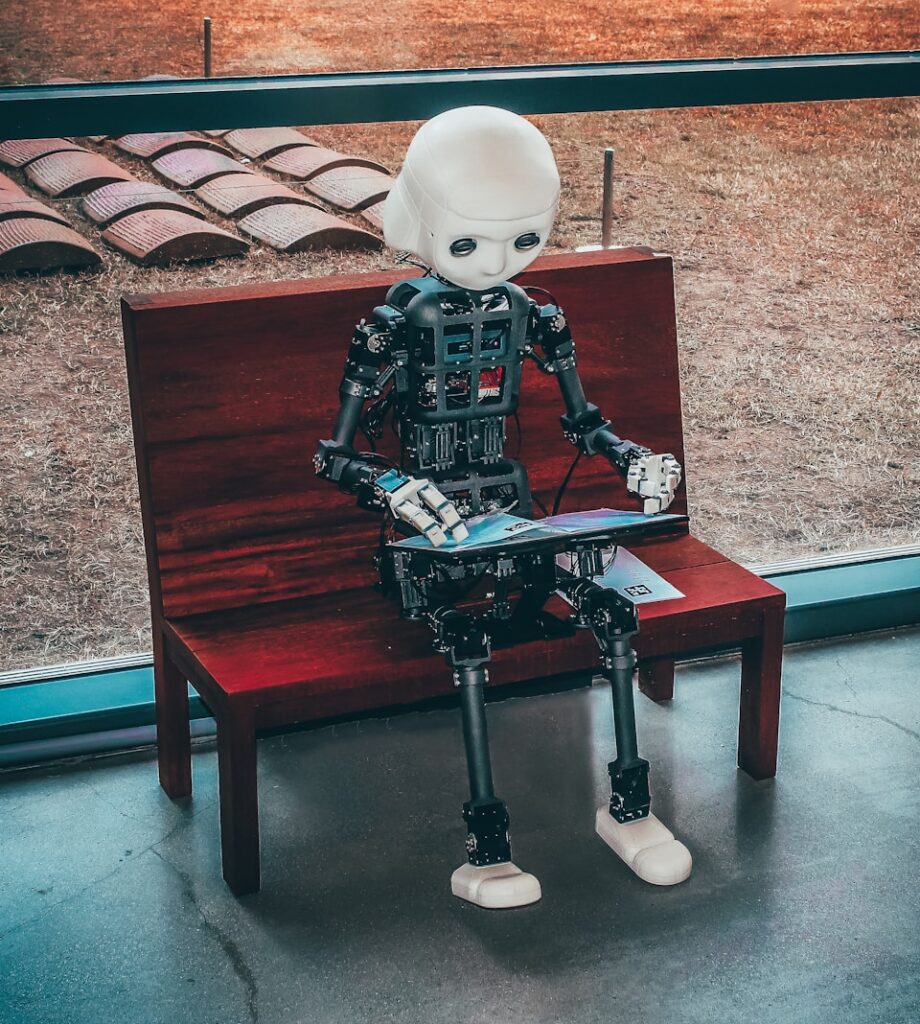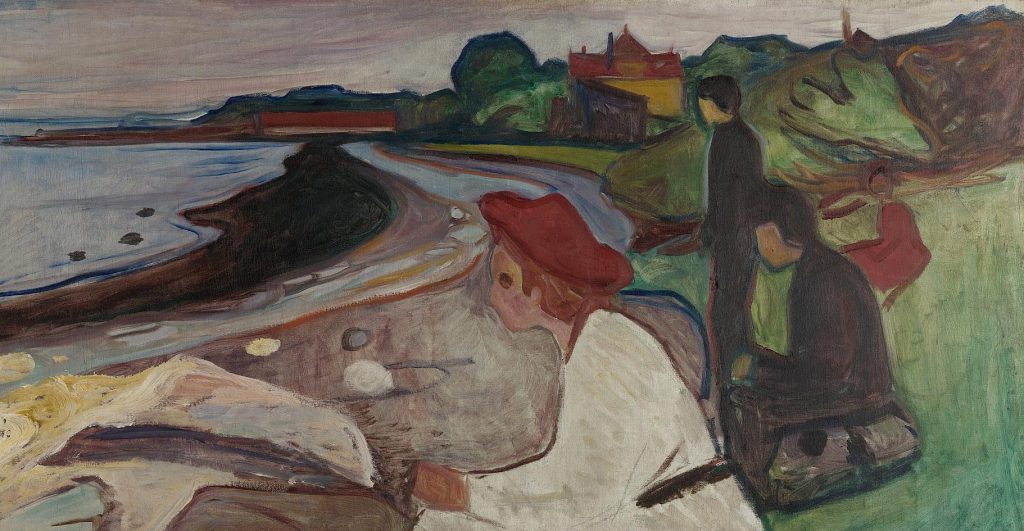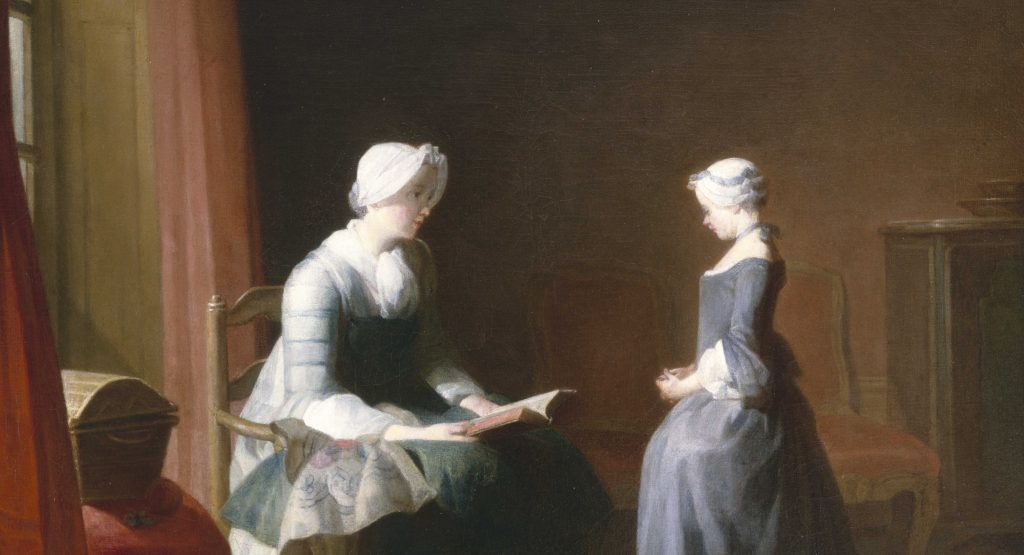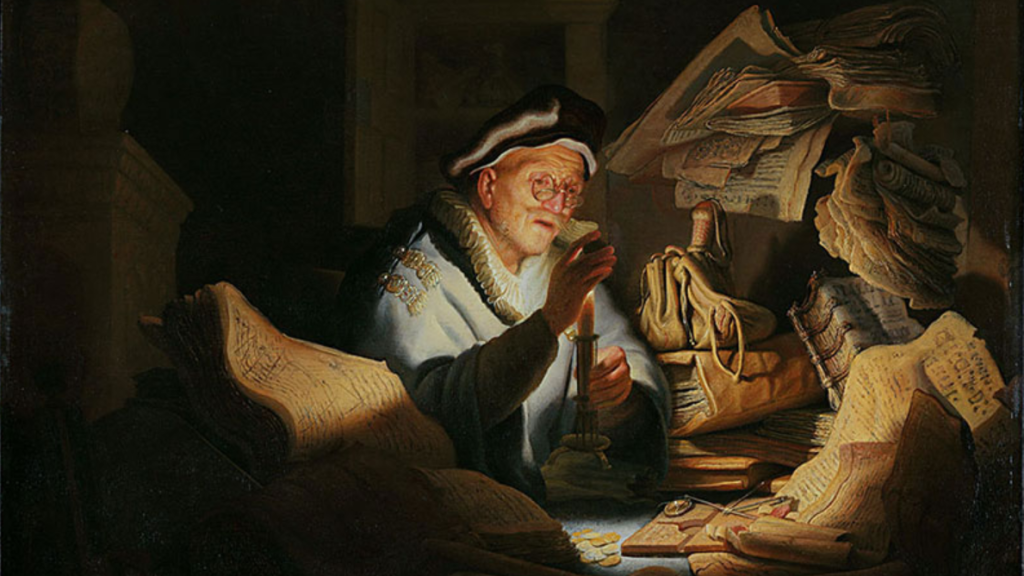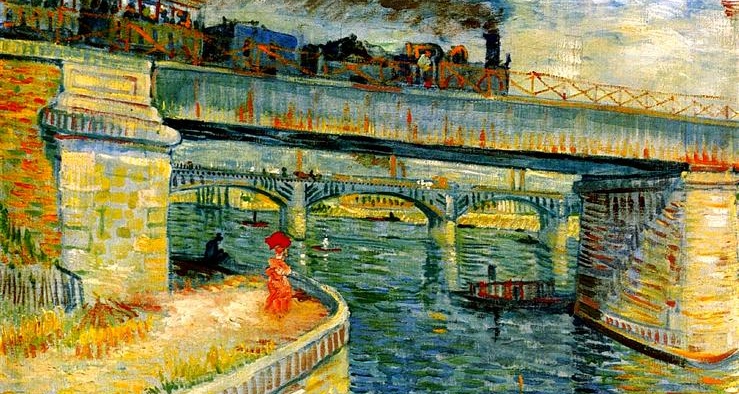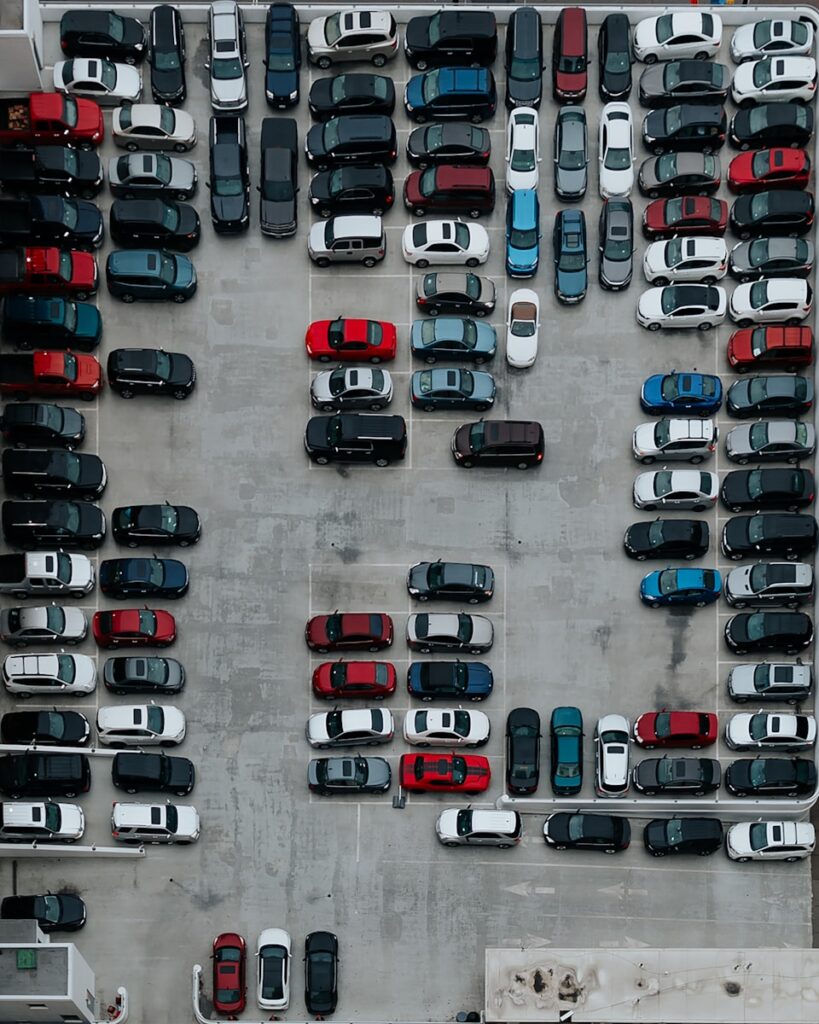
Automotive Industry as Driver of Prosperity
A New International Comparative Study by C4D Consulting on behalf of the Friedrich Naumann Foundation for Freedom reveals: a lack of structural reforms and the planned EU ban on combustion engines threaten up to one in three jobs in the automotive industry, weakening its innovative capacity. Instead of technology bans, open and competition-friendly framework conditions are needed to secure the European automotive industry in global competition.




